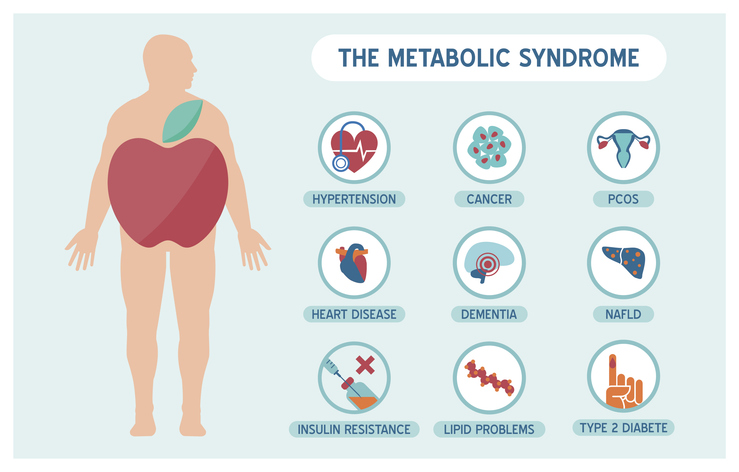Metabolic syndrome (MetS) is characterized by a collection of risk factors that heighten the likelihood of developing heart disease, type 2 diabetes, and other significant health issues, including elevated blood pressure, high blood sugar levels, excess body fat around the waist, and abnormal cholesterol levels. Despite extensive research, pinpointing the exact genetic factors contributing to MetS and understanding how they interact with environmental influences such as diet and exercise has been challenging due to the complexity of human genetics and lifestyle variability.
To tackle these challenges, Johan Auwerx at EPFL and his team have taken an innovative approach. They have developed a metabolic health score (MHS) using ‘BXD’ mice, a genetically diverse reference population similar to humans. Their research, published in Cell Systems, involved feeding 49 different strains of BXD mice either a standard or a high-fat diet from 8 to 29 weeks of age. By measuring indicators like body fat percentage, fasting blood glucose, triglycerides, total cholesterol, and fasting insulin levels, they formulated an MHS where a higher score indicates better metabolic health.
The team then utilized advanced genetic mapping techniques to identify specific areas in the mouse DNA associated with the MHS. This involved studying liver gene expression and plasma lipid profiles to discover molecular signatures linked to metabolic health. They also examined gene activity in the liver and analyzed blood samples to delve into the molecular workings of metabolism.
Significant findings from the study include identifying two critical genetic regions on chromosomes 7 and 8 that impact metabolic health based on diet. These findings were consistent across various mouse groups, reinforcing the genetic basis of metabolic health. The research also spotlighted two genes, TNKS and MCPH1, associated with metabolic traits in human data from the UK Biobank and other cohorts.
The researchers found optimal metabolic health correlates with effective cholesterol and fatty acid management, reduced activity in specific cellular stress responses, and decreased fat storage processes. Specifically, better metabolic health was linked to lower cholesterol and fatty acid metabolism, reduced mTORC1 signalling—a key regulator of cell growth and metabolism—and diminished responses to unfolded proteins and adipogenesis in the liver.
These insights underscore potential pathways for therapeutic intervention and highlight the crucial role of genetics in metabolic health. The study provides a robust model for studying gene-environment interactions, while the identification of TNKS and MCPH1 as key regulators opens new avenues for understanding and potentially mitigating metabolic diseases. By translating these findings from mice to humans, the research paves the way for personalized approaches to managing and preventing MetS, suggesting a future where targeted interventions can be tailored based on individual genetic profiles and environmental factors.
More information: Xiaoxu Li et al, Systems genetics of metabolic health in the BXD mouse genetic reference population, Cell Systems. DOI: 10.1016/j.cels.2024.05.006
Journal information: Cell Systems Provided by École polytechnique fédérale de Lausanne








